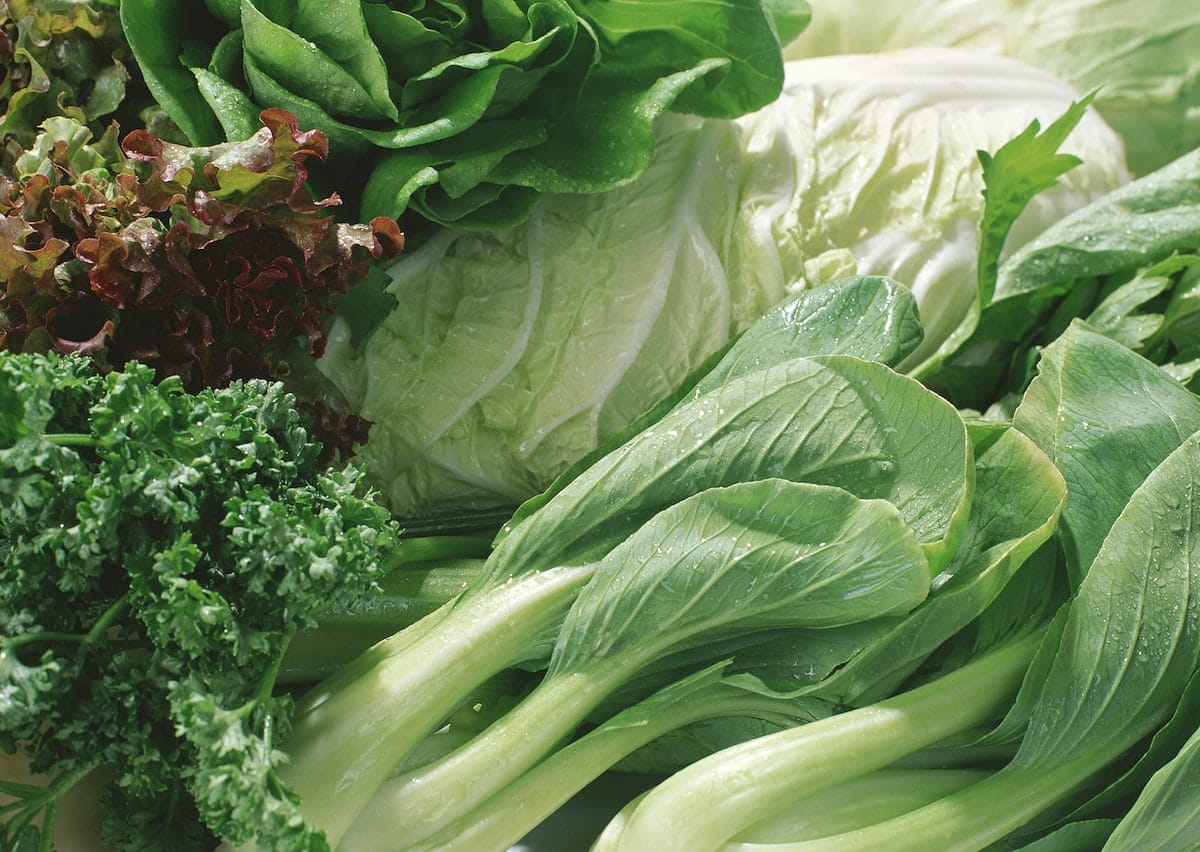In the world of nutrition, there exists a quiet hero: magnesium, a mineral that plays an essential role in our health. Discovered by Joseph Black in 1755, magnesium has since been recognised as a fundamental element necessary for our well-being.
But why do we need magnesium? The answer lies in its multifaceted significance. Magnesium (Mg on the periodic table) participates in over 300 enzymatic reactions within our bodies. It serves as a co-factor in processes ranging from energy production to DNA repair, making it indispensable for our daily functions and long-term health.
The benefits of magnesium extend far beyond its role as a biochemical Swiss Army knife. It is a linchpin in maintaining cardiovascular health, regulating blood pressure, and preventing cardiovascular diseases. Magnesium’s importance doesn’t stop there; it also ensures the smooth operation of our muscles and nervous system, reducing the risk of muscle cramps and spasms.
Energy production relies on magnesium. The collaboration between magnesium and calcium, another essential mineral, supports the structural integrity of our bones, reducing the risk of osteoporosis. Even our mental well-being is influenced, as studies suggest a link between magnesium intake and mood, potentially reducing the risk of depression.
So, where can we find this unassuming mineral with such profound effects? Fortunately, magnesium is abundant in various foods. Leafy greens like spinach and kale, nuts and seeds such as almonds and pumpkin seeds, whole grains like brown rice and quinoa, and legumes including beans and lentils are all excellent sources.
When it comes to daily magnesium intake, the recommended dietary allowance varies based on age and gender. On average, adult males should aim for around 400-420 milligrams per day, while adult females should target 310-320 milligrams per day. However, individual needs may differ depending on factors like age, sex, and activity level.
As for magnesium supplements, they are not necessary for most individuals who maintain a balanced diet. However, some may benefit from supplements, particularly those with medical conditions or medications that affect magnesium absorption.
It’s essential to exercise caution when considering magnesium supplements, as they can interact with certain medications or medical conditions. Individuals with kidney problems should be particularly cautious, as impaired kidney function can lead to magnesium build-up in the body.
In conclusion, magnesium, the unsung hero of health, is a mineral that quietly but profoundly influences our well-being. From its discovery to its essential role in our daily functions and long-term health, magnesium deserves our attention and appreciation.







Click here to change your cookie preferences